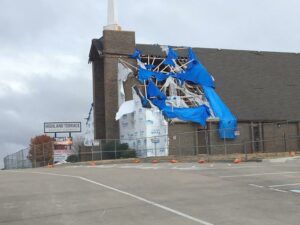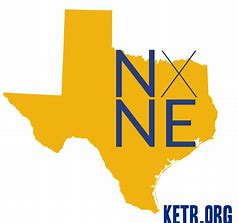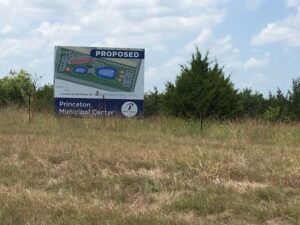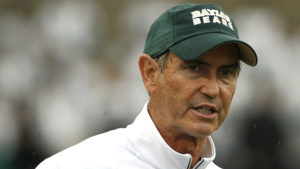Secretary of State Mike Pompeo needs yet another lesson in just how the media do their job.
They ask tough questions. They seek direct answers. They also seek to report those answers to the public they serve. You and I depend on the media for answers to our own questions about what our government — especially at its highest levels — are doing ostensibly on our behalf.
National Public Radio reporter Mary Louise Kelly asked Pompeo why he hasn’t defended former Ukraine ambassador Marie Yovanovitch against criticism leveled at her by the current president of the United States, Donald John Trump.
He dodged the question, saying he has defended “everyone” in the State Department. Kelly sought a specific example of how he has defended Yovanovitch. He cut her off, summoned her to his private quarters, then lashed at her with a profanity-laced tirade, saying that NPR is part of the “unhinged” media that demonstrate a hatred for Trump.
Kelly was doing her job. She has not done a thing for which she should apologize.
Time for full disclosure: I work as a freelance blogger for a public radio station, KETR-FM, based at Texas A&M University-Commerce.
With that out of the way, I want to tell you that NPR goes the extra mile in ensuring that it reports the news fairly and without overt bias.
A friend of mine who works in public radio explained to me once about NPR’s policy that it enforces strictly. He said that during the coverage of the health-care changes that resulted in the Affordable Care Act, NPR reporters were counseled by their editors to refrain from using the term “reform” to describe the ACA. “It isn’t a ‘reform,'” my friend told me. NPR affiliates were told us call it “overhaul.”
You see, the term “reform” implies an improvement over the status quo. Thus, to describe the ACA as a “reform” would be to endorse it as a policy in NPR’s news coverage. That’s how my friend characterizes the ethos that drives NPR’s reporting of important issues of the day.
And so, it is against that backdrop that I find Mike Pompeo’s tirade against a seasoned, well-educated, dedicated reporter such as Mary Louise Kelly to be just another ignorant tirade coming from a senior official in the Donald Trump administration.
Reprehensible.









